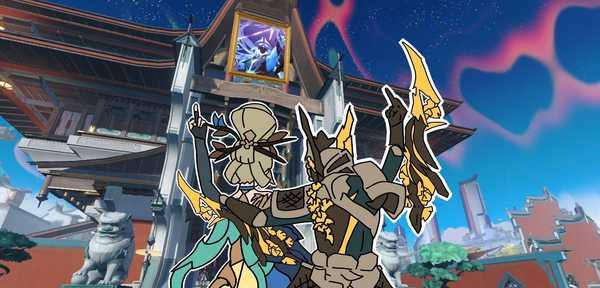TGA's Unexpected Choice: A Deep Dive into Astro Bot's Game of the Year Win
The 2024 Game Awards sparked controversy by awarding Game of the Year to Astro Bot, a PlayStation exclusive with limited sales, over highly anticipated titles like Black Myth: Wukong and Final Fantasy 7 Rebirth.

In a surprising turn of events at The Game Awards (TGA) 2024, the gaming industry witnessed what many consider a pivotal moment in gaming history. The coveted Game of the Year award went to Astro Bot, a PlayStation exclusive that, while critically acclaimed for its innovative DualSense controller implementation, has raised questions about TGA’s selection criteria.
The gaming community’s reaction has been markedly divided. Industry veterans and players alike have drawn parallels between this decision and past controversial awards, with many questioning the fundamental criteria behind TGA’s selection process. The award has become particularly noteworthy as Astro Bot achieved this recognition despite having significantly lower sales figures compared to other nominees.
From a technical standpoint, Astro Bot’s strength lies in its groundbreaking utilization of the PlayStation 5’s DualSense controller. The game has effectively expanded the boundaries of haptic feedback in gaming, creating an unprecedented level of immersion. However, critics argue that while this innovation is noteworthy, it may not be sufficient justification for the top honor when compared to the comprehensive achievements of other nominees.
The situation becomes more complex when examining the competition. Black Myth: Wukong, developed in China, showcased exceptional technical prowess with its implementation of Unreal Engine 5’s Nanite and Lumen technologies. Final Fantasy 7 Rebirth brought remarkable innovations to a beloved franchise. Yet, TGA’s decision suggests a shift in how gaming excellence is measured, moving beyond traditional metrics of sales figures and technical achievements.
Looking at TGA’s historical patterns, the organization has previously recognized games that pushed technological boundaries or introduced novel gaming experiences. However, this year’s selection has led to broader discussions about the evolution of gaming awards and their relevance in the modern gaming landscape.
The debate extends beyond mere preference, touching on fundamental questions about what constitutes excellence in gaming. Some argue that innovation in a specific aspect, like controller feedback, should be weighed against comprehensive gaming experiences that excel in multiple areas - storytelling, graphics, gameplay mechanics, and technical achievement.
This decision may have lasting implications for the gaming industry, potentially influencing how developers approach innovation and how the community values different aspects of game design. It has also sparked discussions about the role of gaming awards in shaping industry trends and public perception.
The gaming community continues to debate this decision, with many suggesting that TGA might need to establish more transparent criteria for their selection process. This situation highlights the evolving nature of gaming excellence and the challenges in evaluating games across increasingly diverse and innovative platforms.